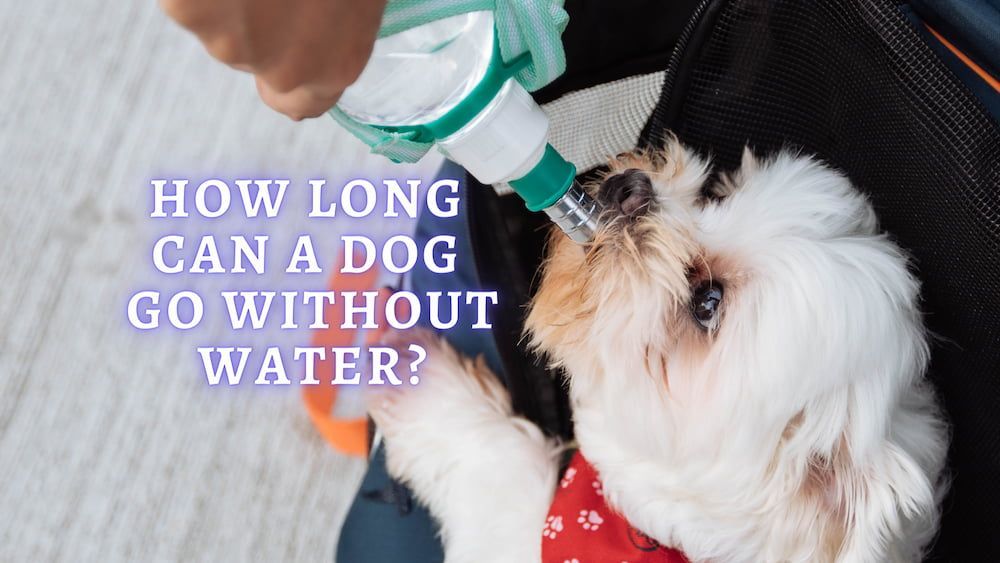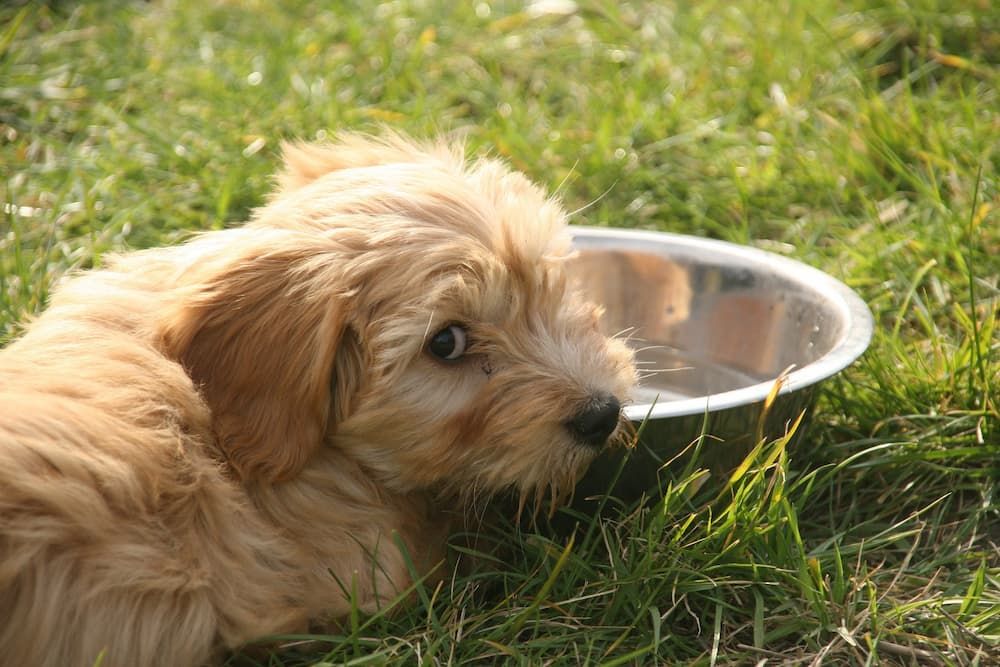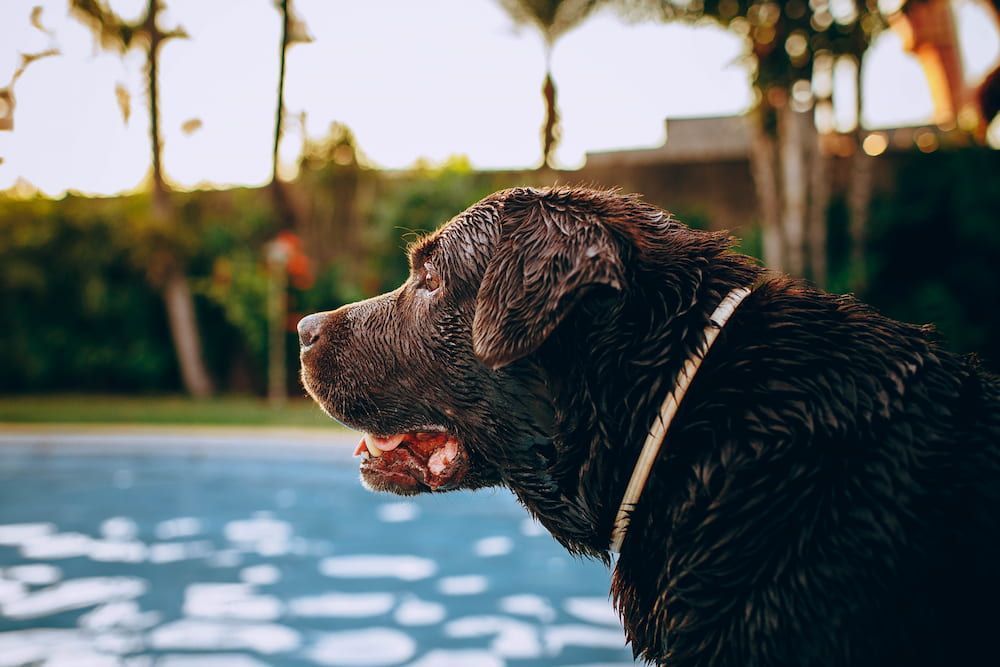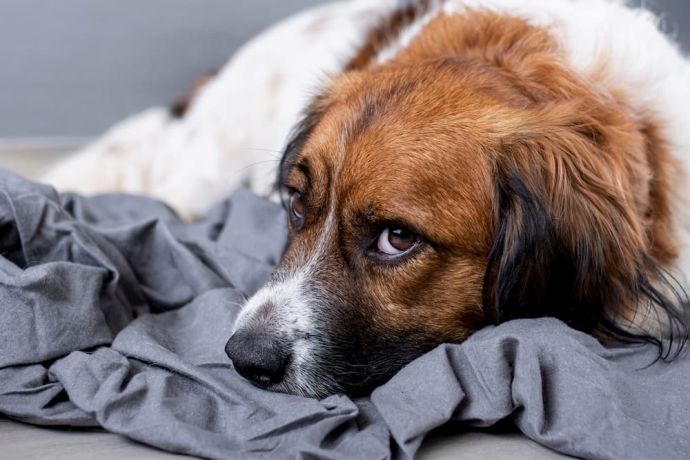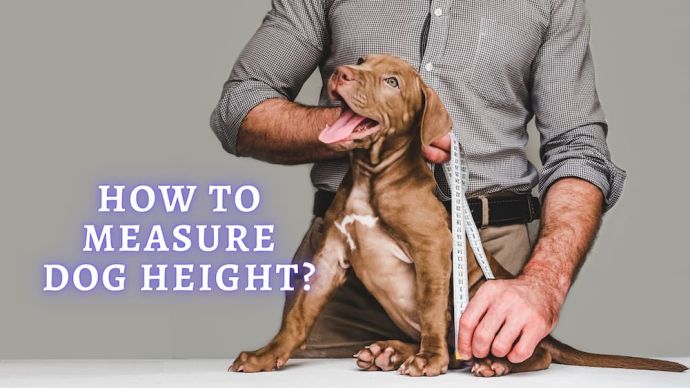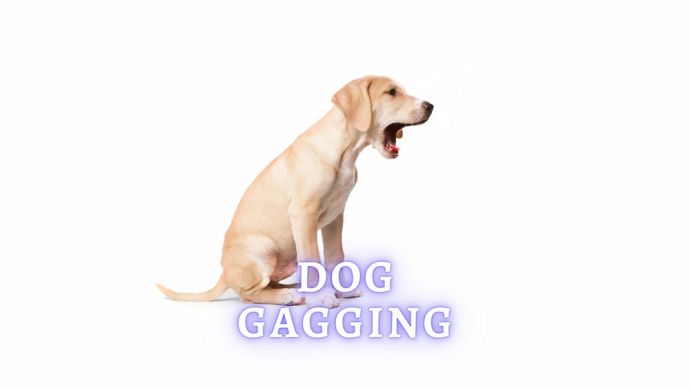Dehydration in Dogs: How Long Can A Dog Go Without Water?
Written by:
Author: Seb Jenkins
Seb is a professional SEO writer with a degree in Journalism, he has five years of experience in writing and editing. Seb specializes in topics like dog and cat breeds, aquarium guides, and pet care. He is passionate about educating and entertaining animal owners worldwide. In his spare time, Seb enjoys writing fiction novels.
View all 83 articlesLearn about our editorial process and veterinary review board.
Reviewed by:
Veterinary review
by Dr. Chyrle Bonk
Dr. Chyrle Bonk is an associate veterinarian since 2010 and was a volunteer for Clearwater County Youth 4H. Dr. Bonk contributed to various animal and veterinary related websites and magazines as a way to help keep animals across the globe safe and healthy. When Chyrle not working she spends her time with her own furry crew of dogs, cats, and horses.
View all 10 articlesLearn about our veterinary review board
Viewed: 142
Updated on: 06/08/2023
As we all know, living things need regular water in order to stay fit, healthy and hydrated. While you can pop to the fridge or run the tap any time you want a glass/bottle of water, your dogs do not have that same ability. They largely rely on you to provide them with water when they need it, often through a water bowl somewhere in your house. Simply put, if you do not keep this topped up, they will likely not get enough to drink. Therefore, it is important to get into a routine, to know how often you should give your dogs water and to know the tell-tale signs of dehydration in canines. Fortunately for you, we have created a handy guide to teach you just that.
Signs of Dehydration in Dogs
You should be able to spot the signs of dehydration in your pet as the hours and days pass. After 24 full hours without water, your pup will likely be less energetic than usual. You may also notice that your pup is panting more than they would usually do. In order to rehydrate them at this point, you should look to offer them small amounts of fresh and cool water, as well as food that is rich in moisture (wet food rather than dry food). [3]
After 48 full hours without water, you will notice more severe dehydration. Your dog will be weaker than normal and you may experience issues with their general behavior. The pup will likely struggle with movement and appear lethargic. In order to rehydrate them at this point, you should keep them in a cool, relaxing and quiet part of the house while offering them small amounts of fresh and cool water, as well as food that is rich in moisture. Soak a clean washcloth and dab it onto their gums to entice them to drink. If they refuse or are unable to drink, get them to a vet. The same actions are needed if they are vomiting or have diarrhea.
After three full days without water, your dog’s situation can now be described as critical. At this point, they need to be rehydrated using IV fluids, meaning you need to seek professional help. It is unlikely that the animal will be able to move very much at this point.
READ MORE: Wet vs. Dry Dog Food
How to Check if Your Dog is Dehydrated?
There are five main areas to check when looking for potential dehydration:
- Nose. Dog’s noses are usually wet because they lick them so often. While a dry nose does not 100% mean dehydration, it can be an indicator, especially when you notice it alongside other things. If the nose is cracked and flaky, it can be a more tell-tale sign of dehydration.
- Gums. Your dog’s gums are also supposed to be naturally moist, so this can be another indicator that they could be dehydrated. Simply lift up their lips and press your finger against their gums to see whether they are wet or dry. However, it is not uncommon for gums to be dry after your pet has been sleeping.
- Skin. The best way to see whether your dog is dehydrated is through the skin. Take a good handful of skin from their back or neck and pull it up slightly and gently before releasing it. If it snaps right back, they are fine. If the skin lingers and takes a while to go back down, they need a drink. [1] However, this test does not work as well on dogs who have loads of excess skin, such as Bulldogs.
- Pee. You can also look at the color of your dog’s pee, if you get the chance, to see whether they are dehydrated. Like humans, the darker the yellow color, the less hydrated they are. A hydrated canine will have pale/light urine.
- Eyes. Dehydration can also make the eyes appear sunken. Normally, a dog’s eyes will protrude slightly from the eye socket and have a shiny, wet appearance. Dehydrated pups may have eyes that sink down below the eye socket and even appear dry or dull.
READ MORE: Best Wet Dog Food (Vet Approved Review)
How Much Water Should Dogs Drink?
On average, a dog’s body weight is around 70% water and they should be maintaining this ratio by drinking fluids regularly each day. While you are likely aware that humans are supposed to drink around eight glasses of water per day, the same cannot be said for pets. The general rule for your canine friends is an ounce of water for every pound of body weight. [2]
For example, a 20-pound Miniature Aussie would need to drink about 2 ½ cups of water a day.
Dr. Chyrle Bonk
Obviously, a Great Dane needs more water than a little Pug. Remember, this amount of water is spread across the entire day, not handed to them in one go.
Reasons Why Your Dog Isn’t Drinking
As long as the water is readily available, dogs are actually very good at maintaining their own hydration. If and when they are thirsty, they will wander over to their bowl and have a drink. Therefore, it should become quite obvious when your pet stops drinking. The question is, why aren’t they? If you notice that your dog has not been drinking and/or eating for 24 hours, you should seek professional help from a veterinarian. It could be something as simple as an upset stomach or it could be as serious as a blockage in their intestines.
How Long Can a Dog Safely Go Without Water?
Dogs can survive around two or three days without water, depending on weather and health conditions. However, just because they can survive this doesn’t mean that it is an acceptable time period to leave them without hydration. In terms of how long a pet can safely go without water, we are looking more at the six to ten-hour mark. Without access to a supply of clean and fresh water, the organs will slowly shut down until the animal eventually dies.
How to Encourage your Dog to Drink More?
The vast majority of the time, simply replenishing your dog’s water bowl will be enough to get them to drink. Dogs have a very natural instinct to seek out water when they feel thirsty, just as humans do. Therefore, most of the time, they will not be reluctant to hydrate themselves. However, if your pet is seemingly refusing to drink from their bowl, it can be helpful to know a few tips in order to entice them.
READ MORE: Kidney Care for Dogs
The best alternative to water is giving your dog food that is rich in moisture. That means opting for wet food pouches rather than dry food. This canned/pouch food has natural moisture in it that can hydrate your dog, albeit not as effectively as a drink of water. Beyond this, your pooch may be more tempted to take a drink of something less bland than water. We recommend trying raw goat’s milk mixed in with their normal food. Alternatively, you can make and freeze some bone broth popsicles as a tasty and unique option.
FAQs
Can a dog go 10 hours without water?
A dog can survive 10 hours without water. In fact, ten hours is the very upper limit of how long it is safe to leave a dog without water (between six and ten hours). However, that does not mean that you should make a habit of it. Ideally, you should be refilling your dog’s water bowl multiple times each day. In terms of how long a dog can survive without water, the answer is two to three days, but you should never ever leave it that long between giving them water.
How do you hydrate a dog that won’t drink?
If your dog is seemingly refusing to drink, there are a number of things you can do to nudge them in the right direction. Try giving them small quantities of water and urging them to drink it. You can also give them food that is rich in moisture, such as canned food or wet pouches, in order to ensure that they are getting some kind of hydration. Beyond this, you can get inventive and try making popsicles or feeding them raw goat’s milk as tastier alternatives. If things get desperate, you can try soaking a clean washcloth in water and dabbing the dog’s gums.
If your dog is moderately to severely dehydrated, seek a veterinarian’s help to rehydrate them with IV fluids.
What happens when a dog stops drinking water?
- Day 1. Your dog is less energetic than usual. They are panting more than usual.
- Day 2. Your dog will appear weaker than normal. They may not be behaving as they normally do. They may appear to be lethargic in their movement. They may even suffer from sickness and/or diarrhea.
- Day 3. Your dog is in a critical condition. They are unable to move any great distances. They appear very weak. At this point, they need IV fluids.
How can I tell if my dog is dehydrated?
- Is your dog panting more often than usual?
- Do they appear to be weak?
- Are they behaving strangely?
- Is their nose dry?
- Are their gums dry?
- Is their pee dark yellow?
- Does their skin stay where it is when you pull it up slightly?
Article Sources:
- Goucher, Taylor K., et al. “Evaluation of Skin Turgor and Capillary Refill Time as Predictors of Dehydration in Exercising Dogs.” AVMA Journals, avmajournals.avma.org/doi/abs/10.2460/ajvr.80.2.123.
- Reisen, Jan. “Is Your Puppy Drinking Enough Water?” American Kennel Club, 1 Jan. 2021, akc.org/expert-advice/health/puppy-drinking-enough-water/.
- “Signs of Dehydration in Dogs.” Humane Society, humanesocietyhbg.org/wp-content/uploads/2020/01/Signs_of_Dehydration_in_Your_Dog.pdf.
 Dog Care Why Is My Dog Always Hungry? Reasons Why You Dog Always Begging For Food
Dog Care Why Is My Dog Always Hungry? Reasons Why You Dog Always Begging For Food - 4959
- 0
 Dog Veterinary Tips Why is my Dog throwing up: Causes and Preventing (Veterinary Advice)
Dog Veterinary Tips Why is my Dog throwing up: Causes and Preventing (Veterinary Advice) - 23424
- 5
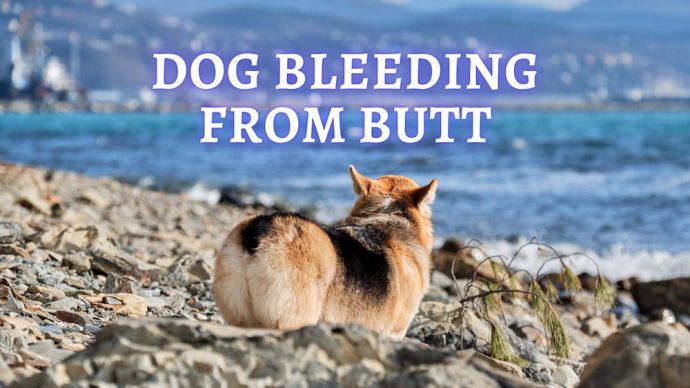 Dog Care Why Is My Dog Bleeding From Its Butt? Causes and treatment of rectal bleeding in the dog
Dog Care Why Is My Dog Bleeding From Its Butt? Causes and treatment of rectal bleeding in the dog - 22076
- 0
 Dog Care My Dog Keeps Scratching His Mouth: Reasons Why Your Dog Scratching Face
Dog Care My Dog Keeps Scratching His Mouth: Reasons Why Your Dog Scratching Face - 17561
- 1









